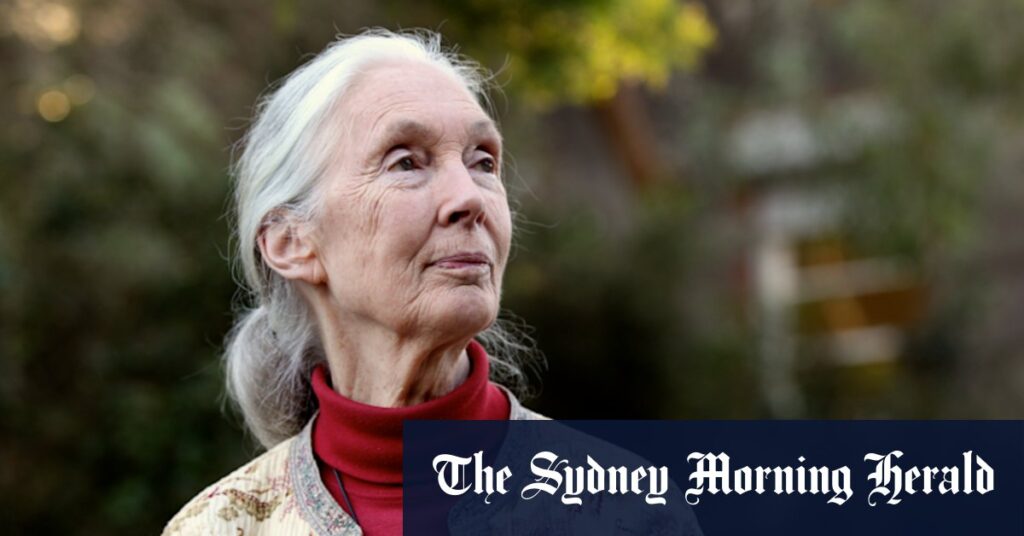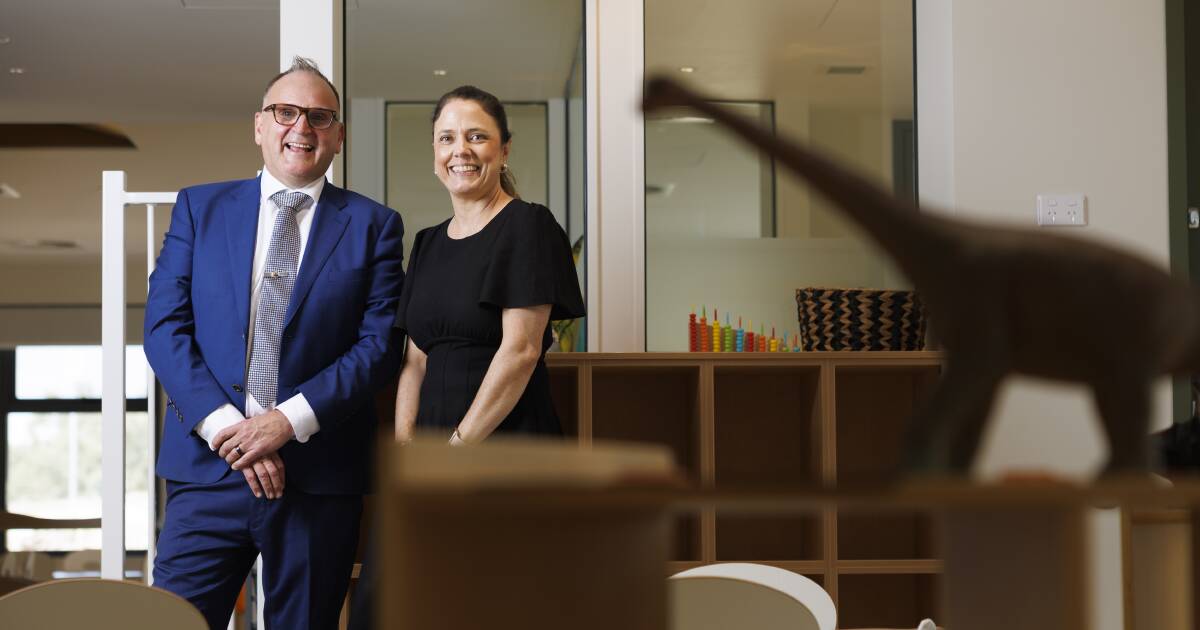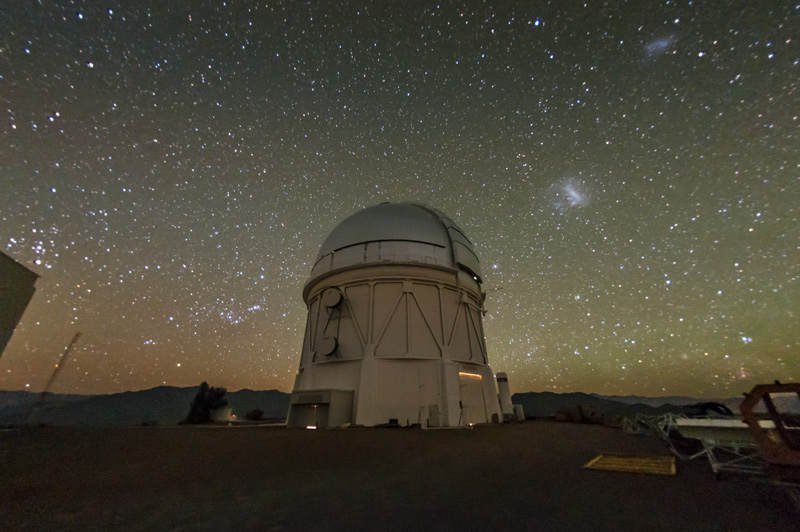
Jane Goodall, who passed away at the age of 91, was a towering figure in the field of primatology, renowned for her groundbreaking research on chimpanzees. Her work in Tanzania’s Gombe Stream National Park during the 1960s revolutionized our understanding of these primates, revealing their complex social structures and emotional depths. Goodall’s findings challenged the scientific community, showing that chimpanzees possess distinct personalities, emotions, and the capacity for intricate relationships.
Goodall’s influence extended beyond her scientific achievements. She was a vocal advocate for women in science, conservation, and environmentalism. Gilbert Grosvenor, former chairman of National Geographic, remarked, “Jane Goodall’s trailblazing path for other women primatologists is arguably her greatest legacy.” Her establishment of the Jane Goodall Institute in 1977 marked a pivotal moment in global conservation efforts, focusing on the protection of chimpanzees and their habitats through community-driven initiatives.
Global Impact and Australian Connections
The Jane Goodall Institute, with its 19 international offices, has been instrumental in conservation education and activism. In Sydney, the institute launched the Roots and Shoots program at Taronga Zoo in 1997, fostering youth-led environmental action. The Sydney branch also supports initiatives like the Resource Box Program, which provides educational materials to schools, promoting awareness about wildlife and environmental stewardship.
Goodall’s commitment to conservation was unwavering, as she spent nearly 300 days a year traveling to raise awareness about the urgent need to protect the planet. In a 2019 interview with the Herald, she emphasized the power of individual action, stating, “It seems to be my job to wake people up to the fact that every single day, every single individual – every one of us – can make some kind of impact.”
Despite her affection for the chimpanzees at Taronga Zoo, Goodall was a staunch critic of Australia’s environmental policies. She spoke out against practices such as live animal exports and the treatment of native species like dingoes and bats. In 2011, she lamented, “Many endemic species are disappearing. There is rapid urbanisation and urban sprawl. Australia is not doing well at all.”
A Journey from Childhood Curiosity to Global Recognition
Born Valerie Jane Morris-Goodall on April 3, 1934, in London, Goodall’s fascination with animals was evident from a young age. Her childhood experiences, including visits to the Natural History Museum and reading about African wildlife, fueled her passion for primates. A toy chimpanzee named Jubilee, gifted by her father, became a lifelong companion and symbol of her enduring love for these animals.
Goodall’s path to primatology began in earnest in 1957, when she traveled to Kenya and met Dr. Louis Leakey. Despite her lack of formal training, Leakey recognized her potential and invited her to join a fossil expedition. This opportunity led to her pioneering work at Gombe, where she made discoveries that would forever alter the study of primates.
Scientific Contributions and Cultural Legacy
Goodall’s observations at Gombe challenged existing scientific paradigms. She documented chimpanzees using tools, engaging in meat consumption, and exhibiting behaviors previously attributed only to humans. Her work prompted Dr. Leakey to declare, “Now we must redefine man, redefine tool, or accept chimpanzees as humans.”
Despite facing skepticism from some in the academic community, Goodall’s research gained widespread recognition. She established the Gombe Stream Research Centre in 1965, which continues to be a hub for primate research. Her publications, including the seminal Chimpanzees of Gombe: Patterns of Behaviour, have become foundational texts in the field.
Goodall’s influence extended into popular culture, with numerous documentaries and books celebrating her life and work. Her honors include being named a UN Messenger of Peace and receiving France’s Legion of Honour. Her legacy as a role model for environmental activism continues to inspire new generations.
The Enduring Impact of Jane Goodall
As the world mourns the loss of Jane Goodall, her contributions to science and conservation remain as relevant as ever. Her advocacy for environmental awareness and her critique of policies that threaten biodiversity serve as a call to action for individuals and governments alike.
Goodall is survived by her son Hugo and his family. Her work and spirit live on through the countless individuals and organizations she inspired to protect our planet and its inhabitants.





